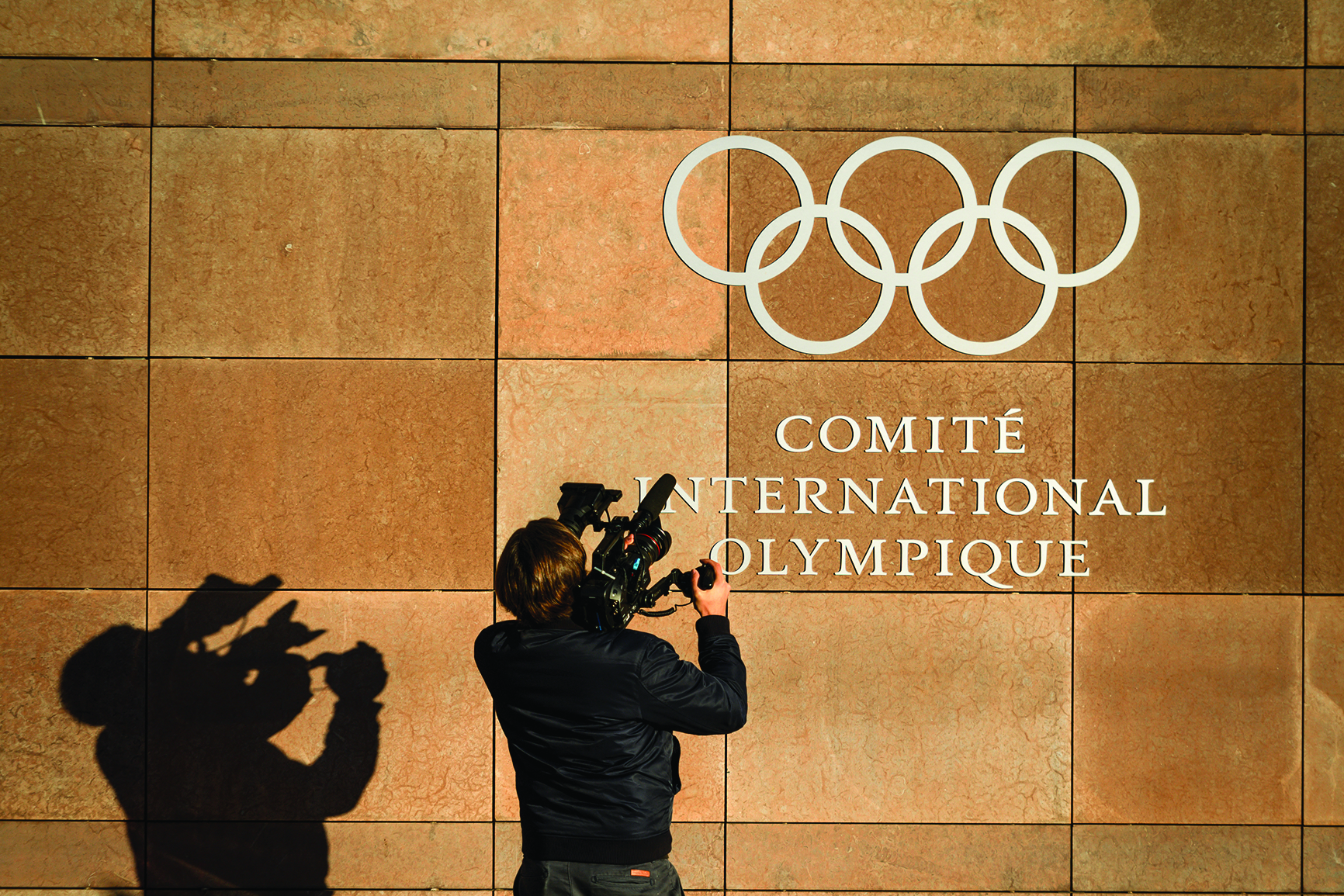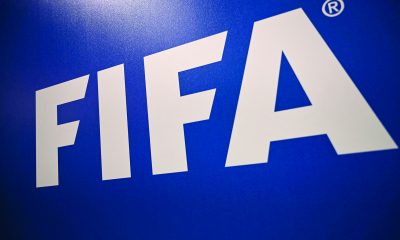
The foundation principle for the development of international sport law is the autonomy in the decision-making process of international sporting federations.
The principle of autonomy can take various forms; amongst them legal, political, financial and pyramidal.
Such principle allows sport governing bodies (SGB’s) to establish, amend and interpret their rules freely, without any undue political or economic influence, hold free elections within their respective bodies and to obtain public funding which helps in achieving their objectives and goals, without having to abide to any external influence or conditions.
The evolvement of this doctrine of sporting autonomy has as a result fuelled the growth of lex sportiva with its ‘cornerstone’ being the ‘autonomy for decision-making bodies in sport’ that are capable of producing a distinct and unique body of law, whilst at the same time recognising the Court of Arbitration for Sport (CAS) as the institutional source of sports law.
Owing to an increased limitation to such sporting principle, calls for the protection of such principle have now become more urgent and louder.
The understanding of sports autonomy has always been that there should be no undue influence from external bodies, with any disputes that arising within being resolved internally.
At the same time, this does not mean that such SGB’s are free to override national or international law based on such autonomy. As Lord Moynihan himself said; “the autonomy of sport is important but must be earned; it is not a right”.
Amongst the SGB’s who till this day still guard their own autonomy are Formula One who established their two-tier panel in 2011, basketball and the International Olympic Committee (IOC).
The IOC are still considered to be one of the largest firm believers in the sporting autonomy principle, and till this day still consider it to be a prerequisite for sport to function.
On the other hand, jurisdictions such as France, severely restrict their respective SGB’s autonomy since they are deemed to be an organ of the state, thus falling under the command of the French Sports Minister.
Since the 1990’s, transnational sports organisations’ have seen a limitation to their traditional autonomy which has mainly come about at a European level via the various conventions and treaties that have been signed and as well as judicial and other outside interventions.
The European Union has still not managed to address the issue of sports autonomy in a harmonious manner, despite recognising such concept in a series of resolutions and policy documents.
The EU’s White Paper on Sports published in 2007, acknowledges that the levels of autonomy in Member States differ from one another.
Some countries having no sports law at all whilst those that have sports legislation have greater or lesser restrictions on the autonomy of their respective SGB’s.
Principles of good governance are being introduced which seek to regulate the autonomy of such bodies within a certain extent, such as public funding to such sport organisations. It is argued that principles of good governance must work hand in hand with sport autonomy for the better protection and development of the sporting sector.
The reasons for such intervention vary, depending on the jurisdiction of such legislative or judicial body and the economic and social impacts.
Whilst such threats will continue to cause headaches to governing bodies for the foreseeable future, certain measures can be adapted to ultimately ensure that sport remains as autonomous as possible from external influences, ultimately reaching a balanced form.
Such measures are badly needed given the fact the Vocasport project in 2004 classified most of the European Union member states as having a “bureaucratic configuration” when it came to the autonomy enjoyed by their national sports organisations.
Whilst of course the situation might have improved in certain member states over the years gone by, the writing is nonetheless still on the wall.
In essence, SGB’s should be the primary regulators of their respective sport.
However, this does not mean that they are free to do as they please, hence the need for constructive intervention which helps towards addressing matters deemed to be fundamentally wrong in sport, such as corruption and fraud.
There is also a growing need for the key stakeholders within the sporting sector to collaborate with one another which would ultimately serve at ensuring that the fundamental values of such sporting principle continue to be adhered and respected.
The principle of sports autonomy is an assertion that the sports movement alone understands the unique characteristics of sport and nobody else.
There is the need to reach a negotiated form of autonomy.
On one hand continues to ensure that SGB’s remain autonomous and at the same time ensures that such autonomy is not abused of.

World Cup News
-
FIFA World Cup
/ 6 hours agoSaudi oil giant Aramco agrees major FIFA sponsorship deal
Saudi Arabia’s state oil giant Aramco and world football governing body FIFA on Thursday...
By AFP -
FIFA World Cup
/ 1 month agoSon scores but Thailand hold South Korea in World Cup qualifier
Son Heung-min scored but South Korea were held 1-1 at home by Thailand in...
By AFP -
FIFA World Cup
/ 2 months agoJapan-N. Korea World Cup game to stay in Pyongyang, JFA says
Japan’s World Cup qualifier against North Korea will be played in Pyongyang as planned...
By AFP -
FIFA World Cup
/ 2 months agoGerman ex-FA bosses on trial over World Cup tax evasion
Three German ex-top football officials went on trial on Monday in a 13.7-million-euro ($14.8...
By AFP

American Football
Bears draft USC quarterback Williams with No. 1 pick

English Premier League
Chelsea’s Fernandez to miss rest of season after groin surgery

FIFA World Cup
Saudi oil giant Aramco agrees major FIFA sponsorship deal

Winter Olympics
Watch: Geisenberger wins sixth Olympic medal to tie luge record































